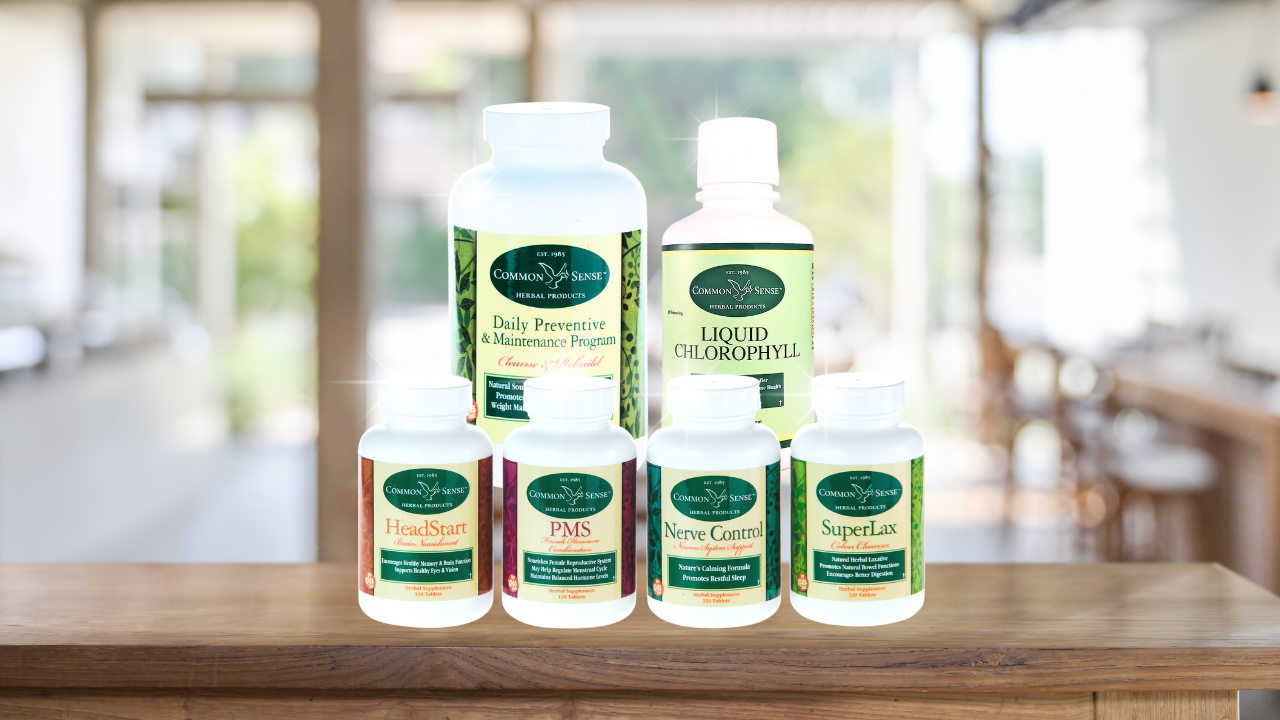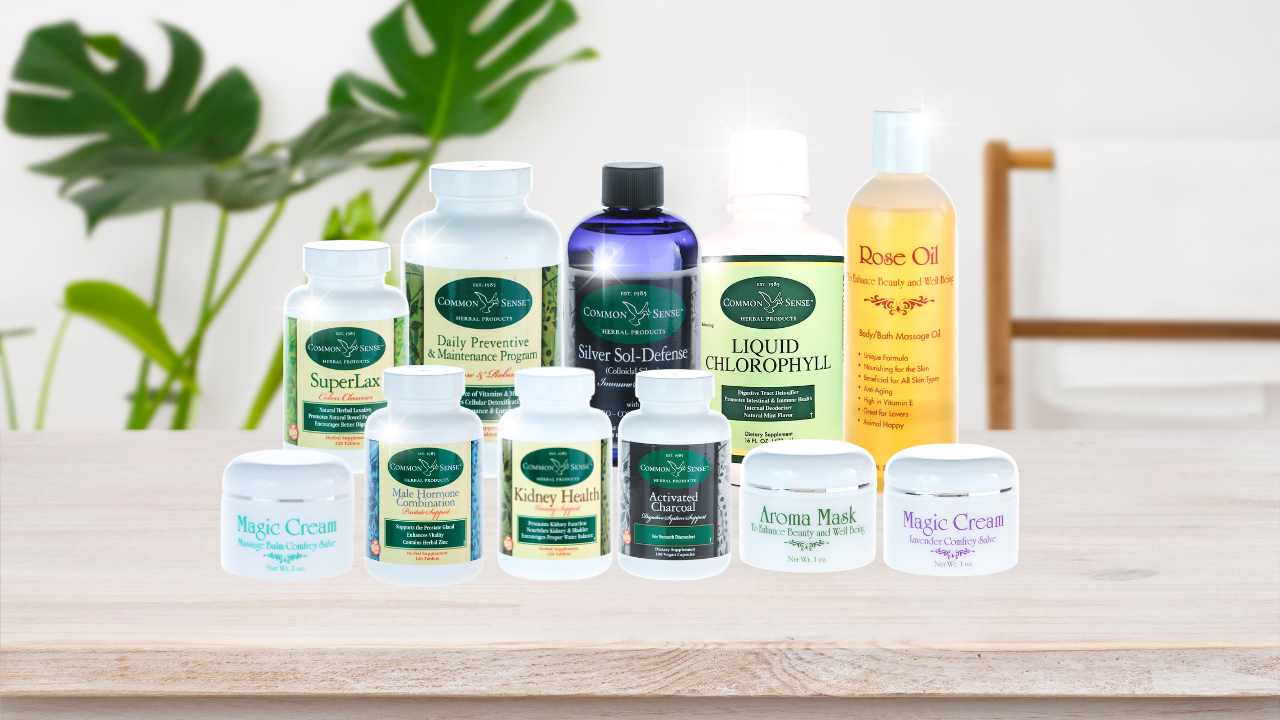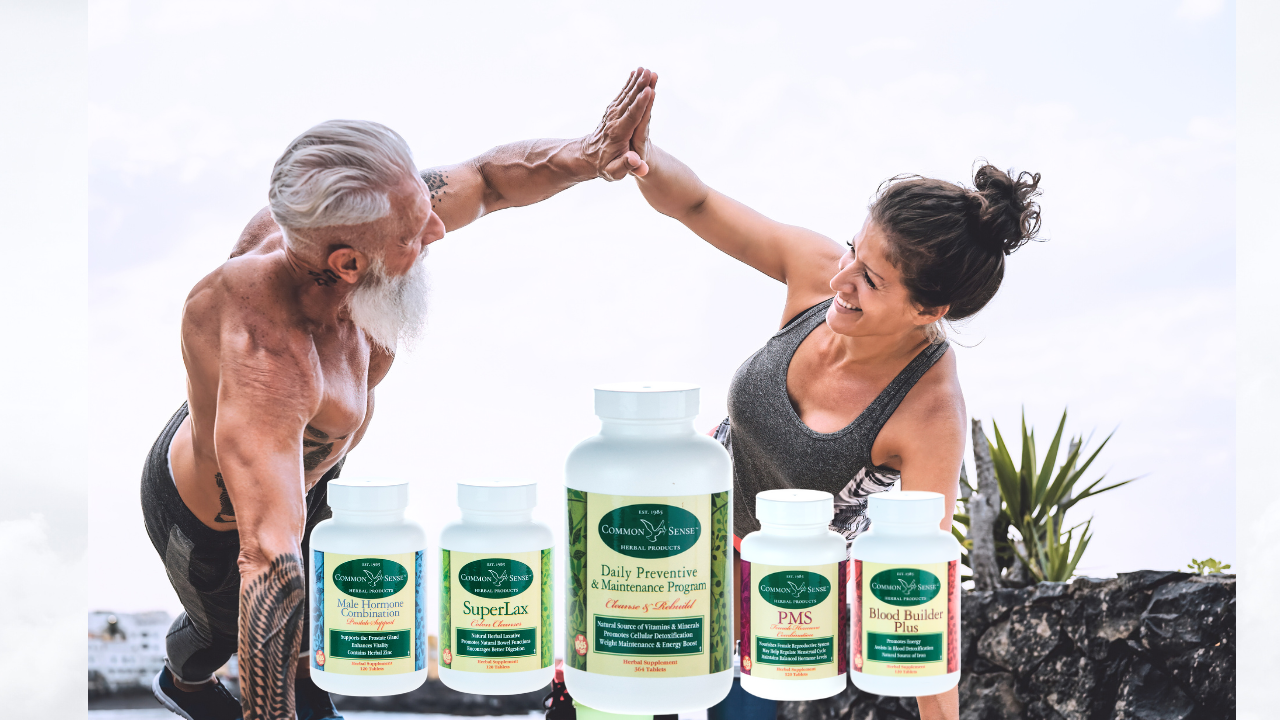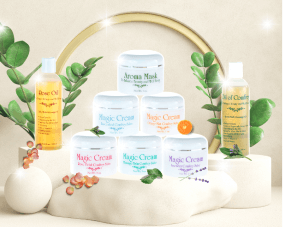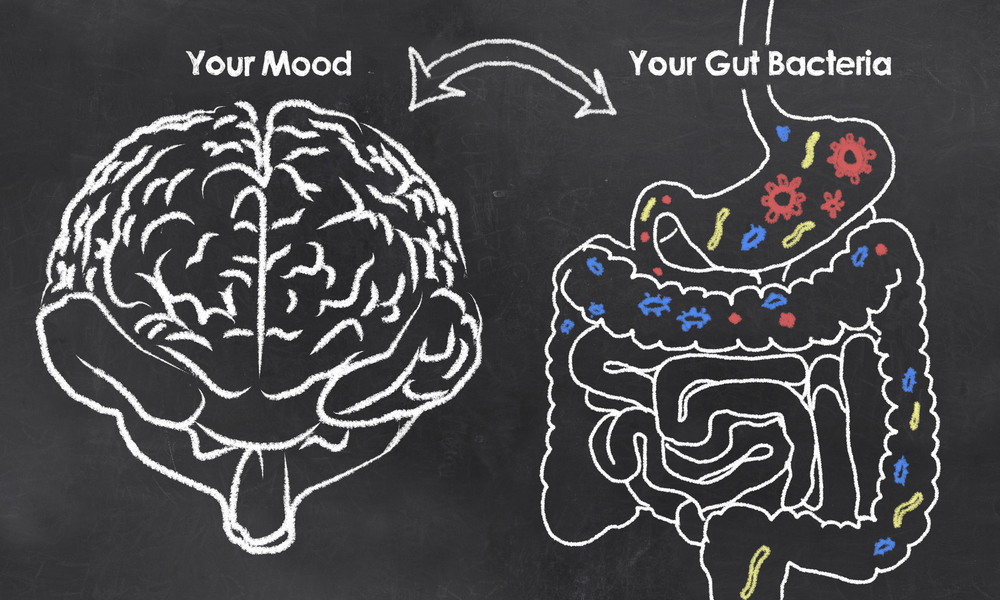
Have you ever wondered why you experience stomach upset when you are feeling nervous or excited? This occurs because our digestive tract is lined with hundreds of millions of nerve cells that send signals back and forth to our brains. The conditions in the brain and gut trigger connected nerve responses, which affect physical digestive symptoms, moods, and emotions. Since our gut health is connected to our brain health, we can use nutrition and supplements to our advantage to improve our mental health.
How Are the Gut and Brain Connected?
Gut bacteria (called microbes) can trigger the production of certain hormones and other chemicals that have a known impact on feelings of happiness, anxiety, or fear. Your gut environment can even cause changes in mental clarity and focus. Health specialists call this connection the gut-brain axis. The overall composition of gut bacteria is called the microbiome. The health and balance of the microbiome are essential to a properly functioning gut-brain axis.
For instance, certain gut microbes can produce serotonin, a hormone that regulates our feelings of well-being and stabilizes our moods. Other chemicals produced by gut microbes may reduce feelings of fear and lessen depression.
Undesirable conditions in the gut may cause the production of inflammatory chemicals that pass over into the blood. Chronic, ongoing inflammation can increase the risk of depression and brain disorders, such as dementia.
How Can You Maintain a Healthy Gut-Brain Connection?
The good news is that you can help your gut-brain axis thrive by proactively managing the types of foods you eat and the supplements you take. Include foods and supplements that aid the production of the good microbes and avoid those that increase the unhealthy microbes.
Foods To Include
Digestive Probiotics
Probiotics are healthy bacteria, preferably non-dairy based Probiotics to help to balance the microbes in your digestive tract. Several foods are rich in probiotics, such as sauerkraut, kimchi, tempeh, and miso, and kefir. Our “SuperLax” Colon Cleanser is also an option if you are having a hard time including these foods in your diet.
Prebiotics
Prebiotics are necessary because they feed the probiotics (the good bacteria) in your gut. By consuming prebiotics, you will ensure your healthy gut bacteria levels are maintained. The best way to make sure you are getting enough prebiotics is to eat a variety of fruits and vegetables. Blueberries, strawberries, apples, and artichokes are good Prebiotic sources. Extra-virgin olive oil and oats are also a great source of prebiotics.
Foods Containing Omega-3 Fatty Acids
Omega-3s have been shown to improve mental functioning and memory, and they may also produce feelings of being calm. This chemical occurs naturally in foods like (non-GMO) soybeans, flaxseed, chia seed, and walnuts. Another great option is taking supplements such as “Headstart- Brain Nourishment” containing herbs such as Gotu Kola, Gingko Biloba, Siberian Ginseng, Fenugreek, and more!
Cruciferous Vegetables
Broccoli, cauliflower, and kale belong to the cruciferous family of vegetables. Not only are they rich in chlorophyll content, but these vegetables also contain a substance that contributes to the overall gut microbiome in a way that reduces inflammation and helps regenerate the digestive tract lining. Essentially, eating cruciferous vegetables helps to keep the entire gut-brain axis functioning in top form.
Protein-Rich Foods
Protein helps to produce serotonin, the hormone that improves mood. Protein also helps reduce the levels of harmful bacteria in our guts. Make sure to choose lean proteins because high saturated fat proteins can counteract the positive effects. Beans, lentils, peas, (non-GMO) soy products, and nuts are all good sources of healthy protein. Or try our “Endurance34 Raw Vegan Protein Powder” for a powerful boost of natural protein.
Fiber-Rich Foods
Studies show that adequate fiber intake can reduce the likelihood of depression and may also slow the decline of cognitive ability and memory as we age. Excellent sources of dietary fiber include whole grains, beans, fruits and vegetables, and nuts.
Foods To Avoid
Processed Sugar and Artificial Sweeteners
Too much processed sugar can feed the bad bacteria in your digestive tract, which can have negative effects on mental health. Reducing processed sugar intake has many additional health benefits beyond the gut-brain connection, such as reducing the risk of heart disease and diabetes.
Studies show that artificial sweeteners like aspartame, sucralose, and saccharin are extremely toxic and may disrupt the balance of healthy gut bacteria. Limit these sugar substitutes in your diet.
Refined and Processed Foods
Processed foods contain chemical additives that improve shelf-life, appearance, and taste. It is no surprise that these artificial chemicals may interfere with the healthy chemical balance of your gut.
Trans Fats
Foods containing high levels of trans fat may disrupt the functioning of good gut bacteria, which we already know can impact your mental health. When not eaten in moderation, these fats may also increase the risk of other bowel and intestinal disorders.
Fried Foods
Many fried foods are cooked with an excessive amount of fat or unhealthy seed oils high in trans-fat. These foods can strip levels of healthy bacteria in the gut as it works to digest the heavy fat content.
Alcohol
If you've ever over-indulged in alcohol, then you have probably experienced subsequent stomach upset as a result. Alcohol interferes with our gut's overall microbiome function and confuses the natural communication system of the gut-brain axis. Consider cutting back or eliminating alcohol for optimal digestive health. While we do not encourage consuming alcohol, if at any point you happen to indulge in it, you may want to consider trying our detoxifying “Activated Charcoal” for Digestive System Support. This supplement can be taken before and after drinking alcohol to help settle your gut and restore it to a comfortable state.
Should You Take a Digestive Supplement?
Given the fascinating connection between gut health and brain health, you may consider altering your current diet and supplement routine. If you are concerned that you will not be able to cover all your nutritional bases from diet alone, we offer a variety of supplements that support and improve your digestive health. We are always happy to help you decide on a plan you can feel great about.

